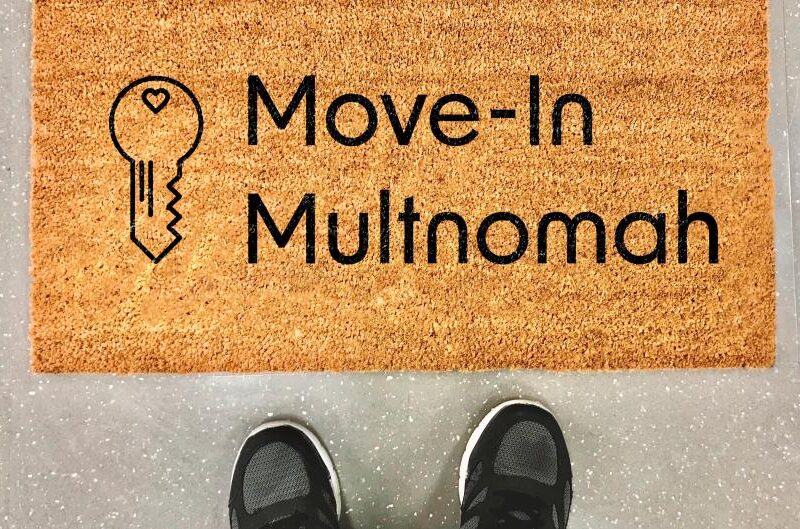Current Initiatives
Innovative Solutions to Homelessness
Learn about some of the current initiatives that the Joint Office is implementing to solve homelessness in our region.
Housing Multnomah Now
In 2023, the Joint Office launched Housing Multnomah Now, a local pilot program focused on urgently rehousing hundreds of people experiencing unsheltered homelessness. The Joint Office exceeded its goal, housing 311 households before June 30, 2024. The program piloted new approaches to street outreach and data collection.
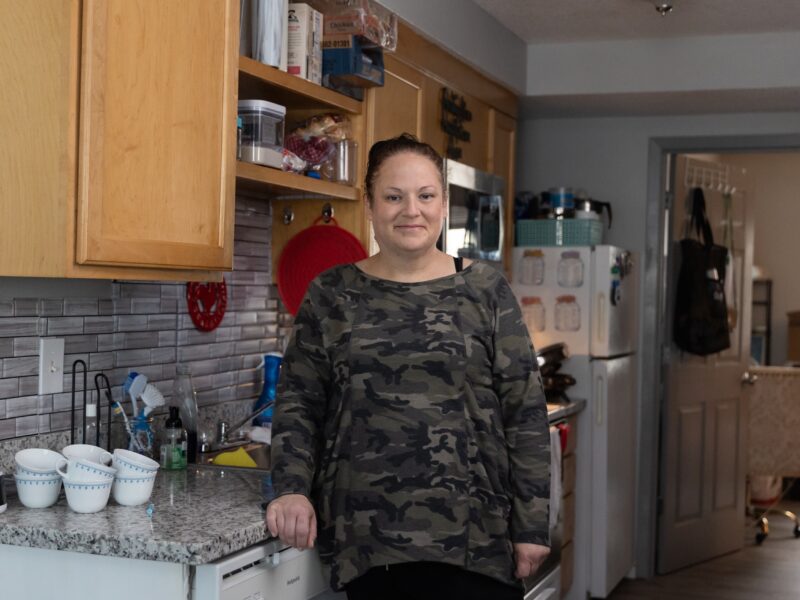
Oregon All In/Oregon Rehousing Initiative
Oregon All In, a statewide push for increasing shelter, housing, and eviction prevention services statewide, led Multnomah County and the City of Portland to rehouse, shelter and prevent evictions for hundreds of households using their share of statewide emergency funding. On Jan. 10, 2024, the City and County announced that they had met or exceeded a series of goals set by Gov. Tina Kotek’s office. The work isn’t stopping there, and will continue through FY 2025 with new goals from the state called the Oregon Rehousing Initiative.
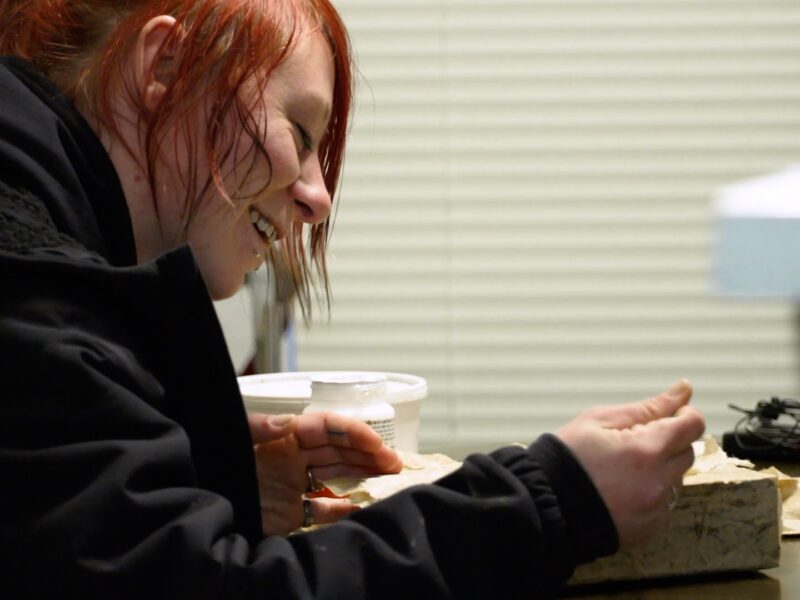
Built for Zero
In late 2021, Portland, Gresham and Multnomah County joined Built for Zero, a national movement of more than 90 cities and counties in the United States working to measurably and equitably end homelessness.
Since then, the Joint Office and Community Solutions, the organization that leads Built for Zero, have been working to improve data quality in Multnomah County, creating a by-name list of people moving into and out of chronic homelessness, while working intensively with providers and people with lived experience to expand and improve how data is collected through street outreach.
Housing Multnomah Now is serving as a pilot for a new assessment and geolocation tool developed with input from providers.
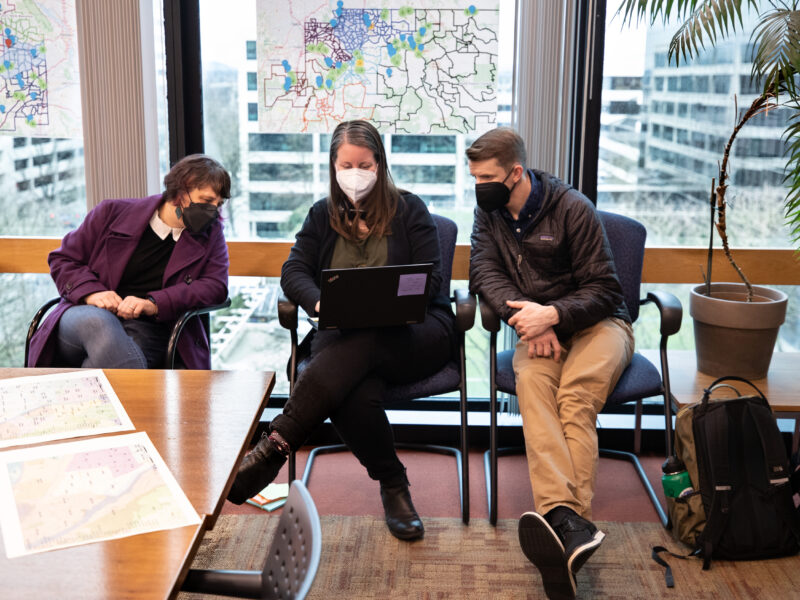
An Alternative to Traditional / Congregate Shelters
Village-Style Shelters
Village-style shelters are typically made up of a group of tiny homes with shared services and amenities. Since expanding, it now also includes RV “safe park” sites.
Alternative shelters fill a key gap in the homeless services system — while congregate shelters work well and provide services and stability for many people, not every unsheltered person is able to live in a congregate shelter environment.
The Joint Office of Homeless Services has been funding alternative, village-style shelters since Kenton Women’s Village first opened in 2017, and now funds or provides services at 11 alternative shelter sites.
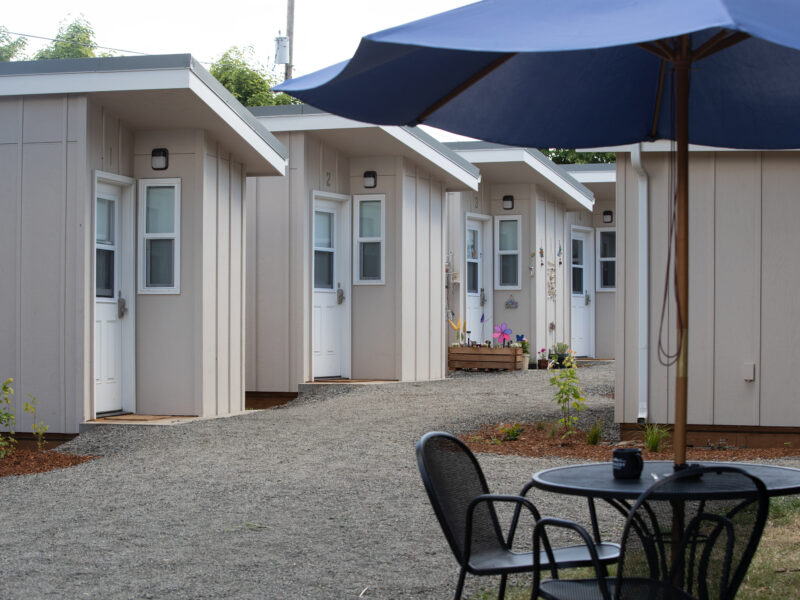
Regional Long-Term Rent Assistance (RLRA)
RLRA is a program across the tri-county (Multnomah, Washington and Clackamas counties) area that increases the availability of affordable housing. Through RLRA, low-income tenants are able to affordable rent from private landlords in the tri-county area. The program is funded through the Metro Supportive Housing Services measure.
Frequent Users System Engagement (FUSE) Pilot
The FUSE pilot program is focused on people experiencing chronic homelessness who are the most frequently engaged in the homeless services, criminal justice and healthcare systems.
The FUSE pilot program draws on the learnings of a 2018 – 2020 analysis, providing the most frequently engaged individuals with permanent supportive housing. The program involves collaboration between the Health Department, the Department of Community Justice, Health Share of Oregon, and the Joint Office of Homeless Services, and will provide up to 40 individuals with PSH in the pilot phase.

Past Initiatives
JOHS - FY 2022
Move-In Multnomah (MIM)
This was a pilot program that offered additional incentives and dedicated support to landlords willing to make housing units available to people coming out of homelessness.
It was an expansion, and an acceleration, of work already under way in this community, helping thousands of people move into homes of their own every year.
We successfully housed 214 people in four months. As a result, MIM guides the work of Housing Multnomah Now, with elements incorporated into that initiative.
